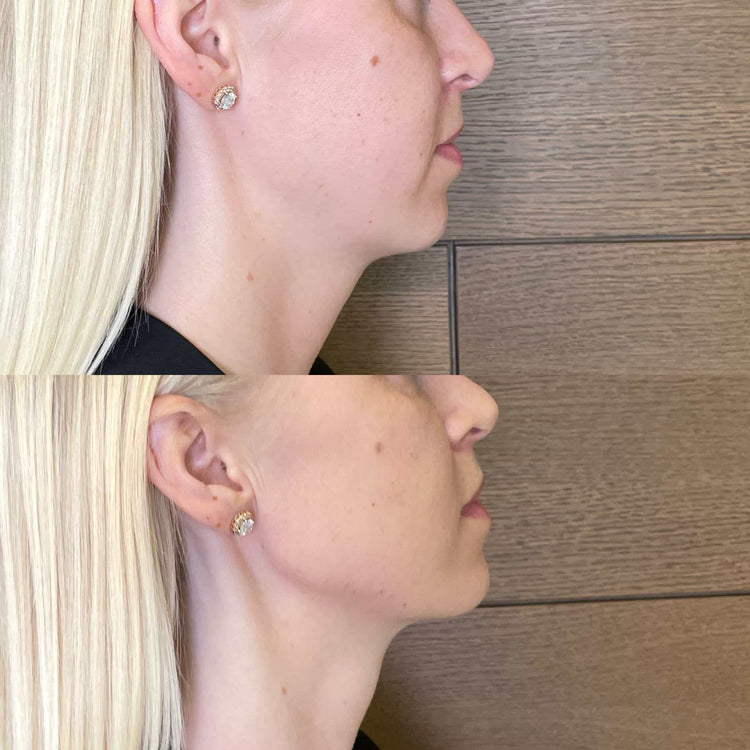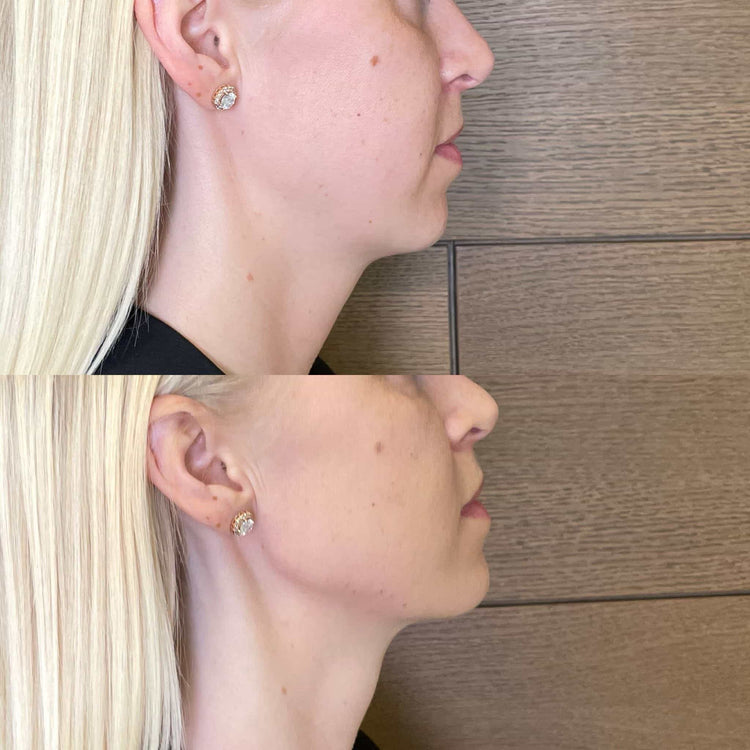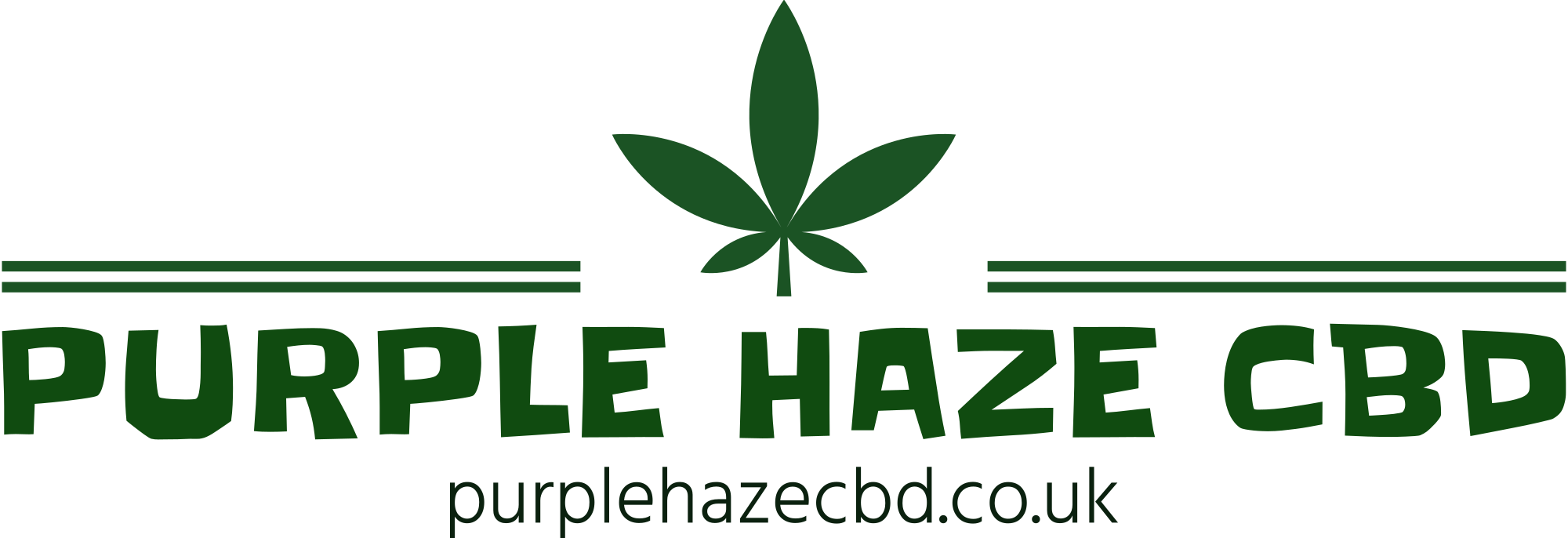Minimizing Swelling
Minimizing swelling is an important aspect of post-treatment care after jaw filler procedures. Understanding how to manage swelling effectively can help ensure a smoother recovery and optimal aesthetic outcomes.
Cold Compresses
Cold compresses are a highly effective method for minimizing swelling after jaw filler treatments. Applying cold packs to the treated area for 15-20 minutes at a time, several times per day, can help constrict blood vessels and reduce inflammation. It’s important to wrap the ice pack in a towel to avoid direct contact with the skin, which can cause further irritation or damage.
Elevate Your Head
Elevating your head while sleeping can also aid in reducing swelling. By propping your head up with an extra pillow, you can help minimize fluid buildup in your face and jaw area overnight. This can lead to a less puffy appearance upon waking up.
Avoid Touching or Massaging the Area

Minimizing swelling is an important aspect of post-treatment care after jaw filler procedures.
Avoid touching or massaging the area, as this can irritate the tissues and potentially worsen swelling.
- Apply cold compresses for 15-20 minutes at a time several times per day to constrict blood vessels and reduce inflammation.
- Elevate your head while sleeping with an extra pillow to minimize fluid buildup in your face.
Medication
Medication can play a role in managing swelling and discomfort after jaw filler treatments. Your practitioner may recommend over-the-counter pain relievers, such as ibuprofen or naproxen, to help reduce inflammation and alleviate any discomfort you might experience.
It’s important to follow your practitioner’s instructions regarding dosage and duration of medication use.
Managing Bruising
After jaw filler treatments in Surrey, managing swelling and bruising is crucial for a smooth recovery and optimal aesthetic results.
Arnica Gel
Arnica gel is often suggested as a complementary treatment to help reduce bruising after procedures like jaw fillers. Arnica is a flowering plant known for its anti-inflammatory properties.
Topical arnica gels are believed to improve blood circulation and reduce swelling by promoting the body’s natural healing processes.
While not a replacement for other post-treatment care measures, using arnica gel as directed may contribute to minimizing bruising and enhancing your overall recovery.
Vitamin C Supplements
Vitamin C plays a crucial role in collagen synthesis, which is essential for tissue repair and regeneration.
Including vitamin C supplements in your diet or taking them orally may help accelerate the healing process and minimize bruising after jaw filler treatments.
It’s important to consult with your healthcare provider before starting any new supplements, as they can advise on appropriate dosages and potential interactions.
Avoid Alcohol and Smoking
Avoid alcohol and smoking in the days following your jaw filler treatment. Alcohol can thin your blood, increasing the risk of bruising and swelling. Smoking also impedes blood circulation, hindering the healing process and potentially leading to complications like infection.
Lifestyle Adjustments
Reducing swelling and bruising after jaw filler treatments is essential for achieving optimal results and a comfortable recovery. By implementing specific lifestyle adjustments and following post-treatment care instructions provided by your practitioner, you can minimize these common side effects and ensure a smoother healing process.
Hydration
Staying well-hydrated is crucial for overall health and plays a role in minimizing swelling after jaw filler treatments. Drinking plenty of water helps flush out toxins and supports the body’s natural healing processes.
Aim to drink at least eight glasses of water per day, especially in the days following your treatment. You can also incorporate other fluids like herbal teas or broth into your diet.
Rest
Minimizing swelling is an important aspect of post-treatment care after jaw filler procedures. Understanding how to manage swelling effectively can help ensure a smoother recovery and optimal aesthetic outcomes.
Cold compresses are a highly effective method for minimizing swelling after jaw filler treatments. Applying cold packs to the treated area for 15-20 minutes at a time, several times per day, can help constrict blood vessels and reduce inflammation. It’s important to wrap the ice pack in a towel to avoid direct contact with the skin, which can cause further irritation or damage.
Elevating your head while sleeping can also aid in reducing swelling. By propping your head up with an extra pillow, you can help minimize fluid buildup in your face and jaw area overnight. This can lead to a less puffy appearance upon waking up.
Avoid touching or massaging the area, as this can irritate the tissues and potentially worsen swelling.
- Apply cold compresses for 15-20 minutes at a time several times per day to constrict blood vessels and reduce inflammation.
- Elevate your head while sleeping with an extra pillow to minimize fluid buildup in your face.
Medication can play a role in managing swelling and discomfort after jaw filler treatments. Your practitioner may recommend over-the-counter pain relievers, such as ibuprofen or naproxen, to help reduce inflammation and alleviate any discomfort you might experience.
It’s important to follow your practitioner’s instructions regarding dosage and duration of medication use.
Arnica gel is often suggested as a complementary treatment to help reduce bruising after procedures like jaw fillers. Arnica is a flowering plant known for its anti-inflammatory properties.
Topical arnica gels are believed to improve blood circulation and reduce swelling by promoting the body’s natural healing processes.
While not a replacement for other post-treatment care measures, using arnica gel as directed may contribute to minimizing bruising and enhancing your overall recovery.
Vitamin C plays a crucial role in collagen synthesis, which is essential for tissue repair and regeneration.
Including vitamin C supplements in your diet or taking them orally may help accelerate the healing process and minimize bruising after jaw filler treatments.
It’s important to consult with your healthcare provider before starting any new supplements, as they can advise on appropriate dosages and potential interactions.
Avoid alcohol and smoking in the days following your jaw filler treatment. Alcohol can thin your blood, increasing the risk of bruising and swelling. Smoking also impedes blood circulation, hindering the healing process and potentially leading to complications like infection.
Staying well-hydrated is crucial for overall health and plays a role in minimizing swelling after jaw filler treatments. Drinking plenty of water helps flush out toxins and supports the body’s natural healing processes.
Aim to drink at least eight glasses of water per day, especially in the days following your treatment. You can also incorporate other fluids like herbal teas or broth into your diet.
Healthy Diet
Minimizing swelling is an important aspect of post-treatment care after jaw filler procedures. Understanding how to manage swelling effectively can help ensure a smoother recovery and optimal aesthetic outcomes.
Cold compresses are a highly effective method for minimizing swelling after jaw filler treatments. Applying cold packs to the treated area for 15-20 minutes at a time, several times per day, can help constrict blood vessels and reduce inflammation. It’s important to wrap the ice pack in a towel to avoid direct contact with the skin, which can cause further irritation or damage.
Elevating your head while sleeping can also aid in reducing swelling. By propping your head up with an extra pillow, you can help minimize fluid buildup in your face and jaw area overnight. This can lead to a less puffy appearance upon waking up.
Avoid touching or massaging the area, as this can irritate the tissues and potentially worsen swelling.
- Apply cold compresses for 15-20 minutes at a time several times per day to constrict blood vessels and reduce inflammation.
- Elevate your head while sleeping with an extra pillow to minimize fluid buildup in your face.
Medication can play a role in managing swelling and discomfort after jaw filler treatments. Your practitioner may recommend over-the-counter pain relievers, such as ibuprofen or naproxen, to help reduce inflammation and alleviate any discomfort you might experience.
It’s important to follow your practitioner’s instructions regarding dosage and duration of medication use.
Arnica gel is often suggested as a complementary treatment to help reduce bruising after procedures like jaw fillers. Arnica is a flowering plant known for its anti-inflammatory properties.
Topical arnica gels are believed to improve blood circulation and reduce swelling by promoting the body’s natural healing processes.
While not a replacement for other post-treatment care measures, using arnica gel as directed may contribute to minimizing bruising and enhancing your overall recovery.
Vitamin C plays a crucial role in collagen synthesis, which is essential for tissue repair and regeneration.
Including vitamin C supplements in your diet or taking them orally may help accelerate the healing process and minimize bruising after jaw filler treatments.
It’s important to consult with your healthcare provider before starting any new supplements, as they can advise on appropriate dosages and potential interactions.
Avoid alcohol and smoking in the days following your jaw filler treatment. Alcohol can thin your blood, increasing the risk of bruising and swelling. Smoking also impedes blood circulation, hindering the healing process and potentially leading to complications like infection.
Staying well-hydrated is crucial for overall health and plays a role in minimizing swelling after jaw filler treatments. Drinking plenty of water helps flush out toxins and supports the body’s natural healing processes.
Aim to drink at least eight glasses of water per day, especially in the days following your treatment. You can also incorporate other fluids like herbal teas or broth into your diet.
Reducing swelling and bruising after jaw filler treatments is essential for achieving optimal results and a comfortable recovery. By implementing specific lifestyle adjustments and following post-treatment care instructions provided by your practitioner, you can minimize these common side effects and ensure a smoother healing process.
Seeking Professional Advice
If you’re considering jaw filler treatments in Surrey, understanding how to manage swelling and bruising is crucial for a successful outcome.

Follow Instructions from Your Practitioner
Minimizing swelling after jaw filler procedures is essential for optimal results. Cold compresses applied for 15-20 minutes at a time several times per day can help reduce inflammation. Elevating your head while sleeping can also minimize fluid buildup in the face, reducing puffiness upon waking.
Your practitioner may recommend over-the-counter pain relievers like ibuprofen or naproxen to manage discomfort and swelling. Always follow their instructions regarding dosage and duration of use.
Arnica gel is often suggested as a complementary treatment to help reduce bruising. It’s believed to promote blood circulation and reduce swelling, but it should be used in conjunction with other post-treatment care measures.
Vitamin C plays a vital role in collagen synthesis, essential for tissue repair. Including vitamin C supplements in your diet or taking them orally may accelerate healing and minimize bruising. Remember to consult your healthcare provider before starting any new supplements.
Avoid alcohol and smoking after treatment, as they can hinder the healing process and increase the risk of complications like infection. Staying well-hydrated by drinking plenty of water is also crucial for flushing out toxins and supporting natural healing processes.
Following these guidelines and your practitioner’s specific instructions will help you minimize swelling and bruising, ensuring a smoother recovery and achieving optimal aesthetic outcomes from your jaw filler treatment in Surrey.
Contact Your Provider if You Experience Complications
If you experience any complications or have concerns about your recovery after a jaw filler treatment, it is essential to contact your provider immediately.
They can assess your situation, provide guidance, and recommend appropriate steps to address any issues that may arise.
Achieve a more defined jawline today with jaw fillers at It’s Me & You Clinic with Dr. Laura Geige
- Thc Beverages In Indiana IN - November 15, 2025
- Who Should Not Get Dermal Fillers? - October 31, 2025
- What Is Relational Trauma And How Does It Affect Future Relationships? - October 30, 2025
